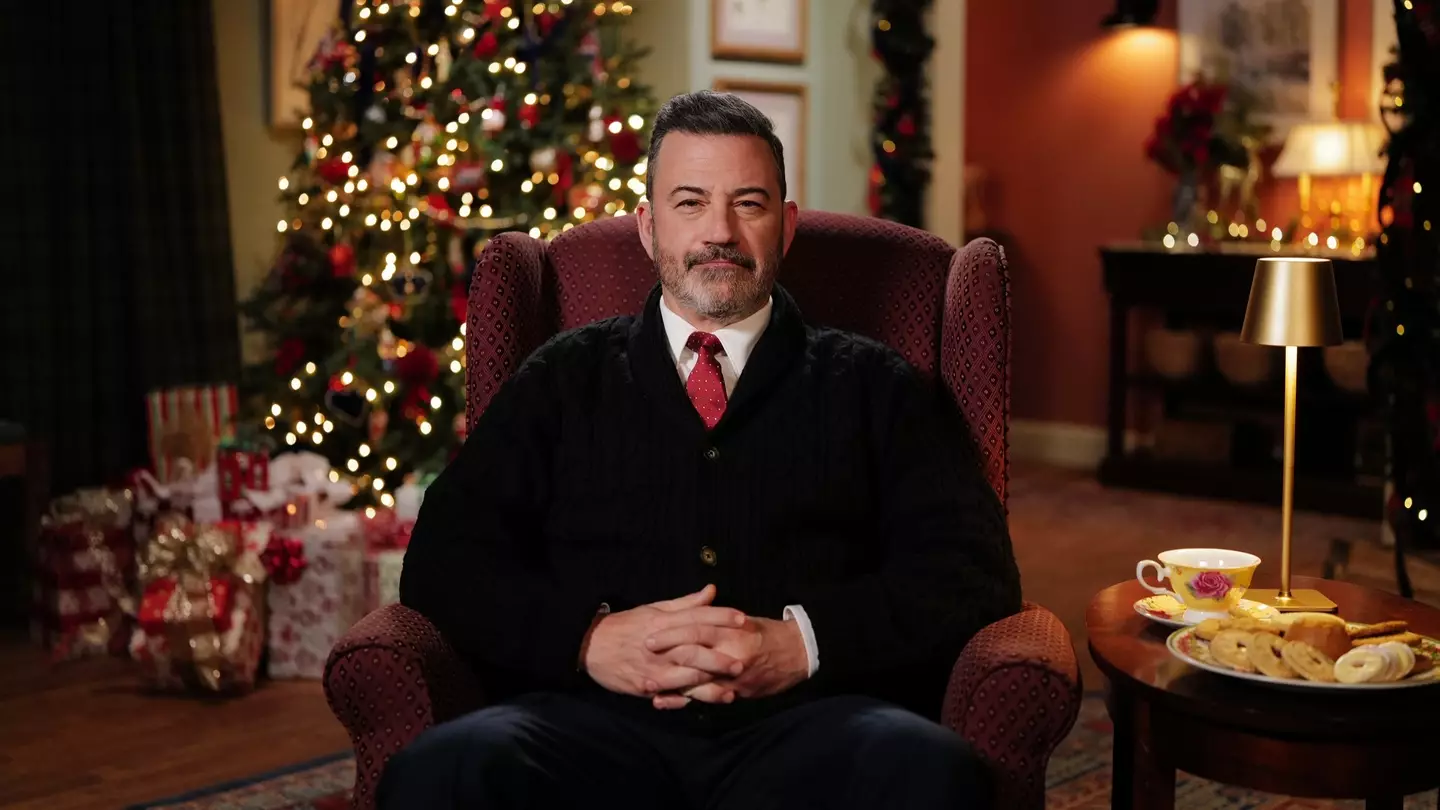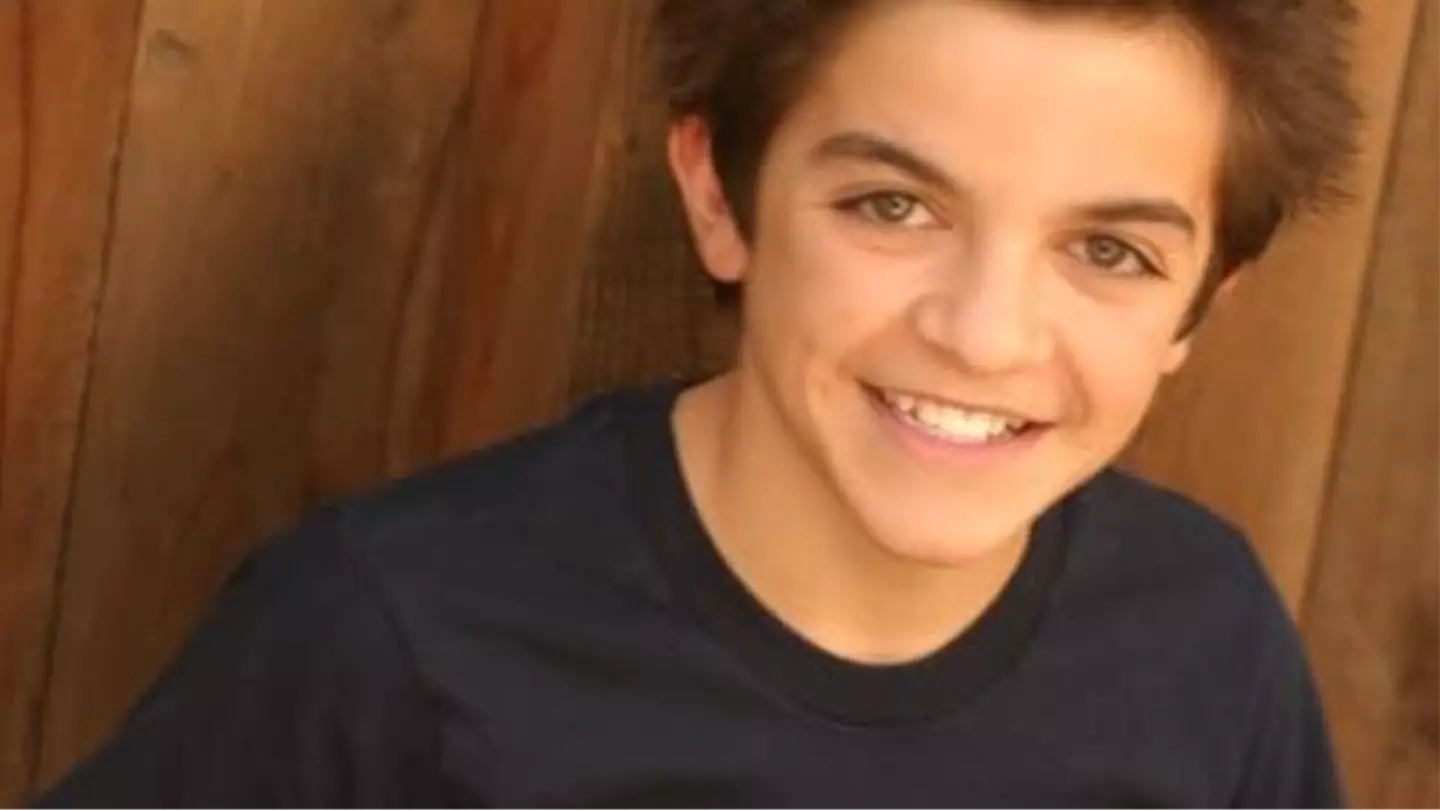
TV And Film
Discover the latest news on TV shows and movies, including Netflix, reality TV, crime dramas, thrillers and more.
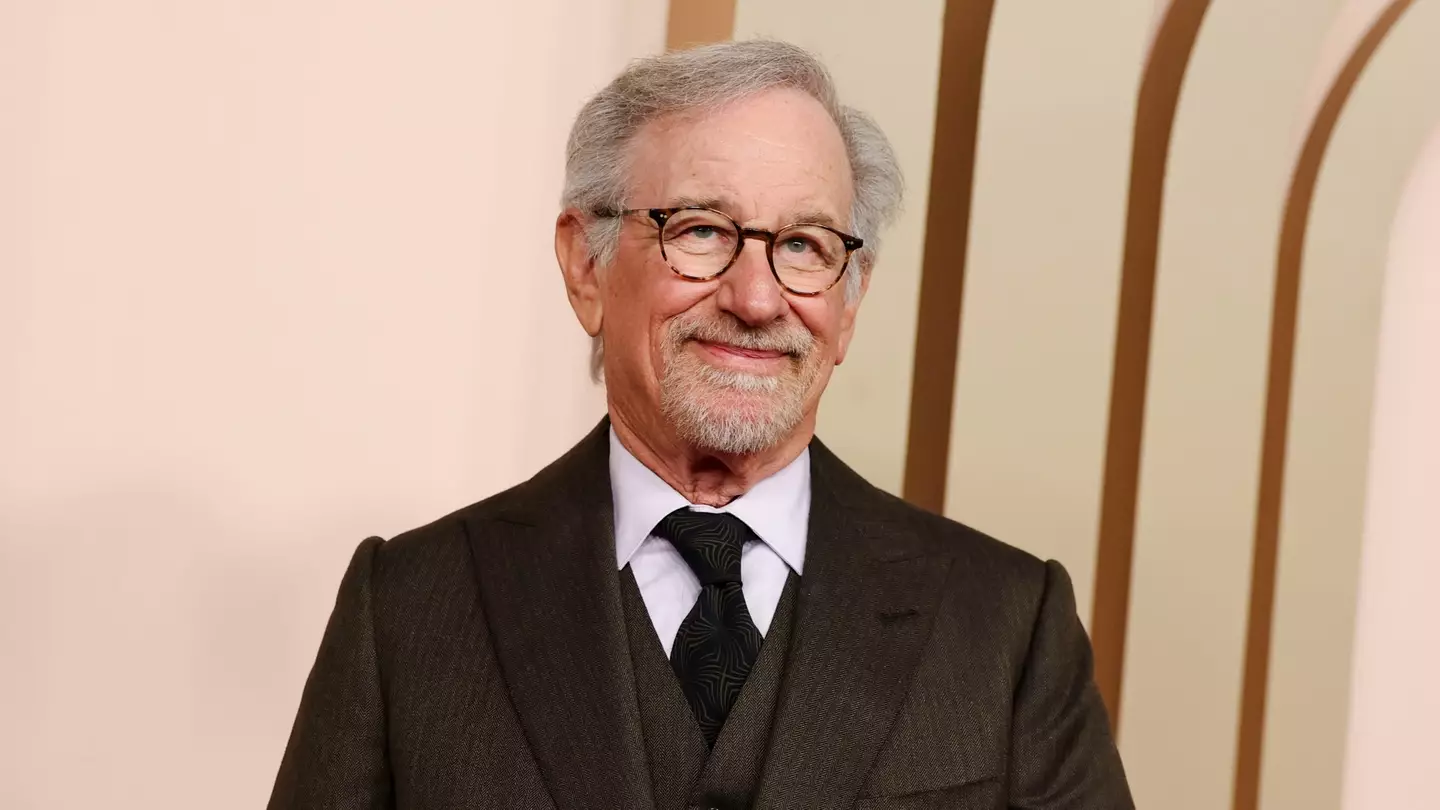
Mike Binder has opened up about the drama surrounding 2006's Man About Town movie in a new podcast interview
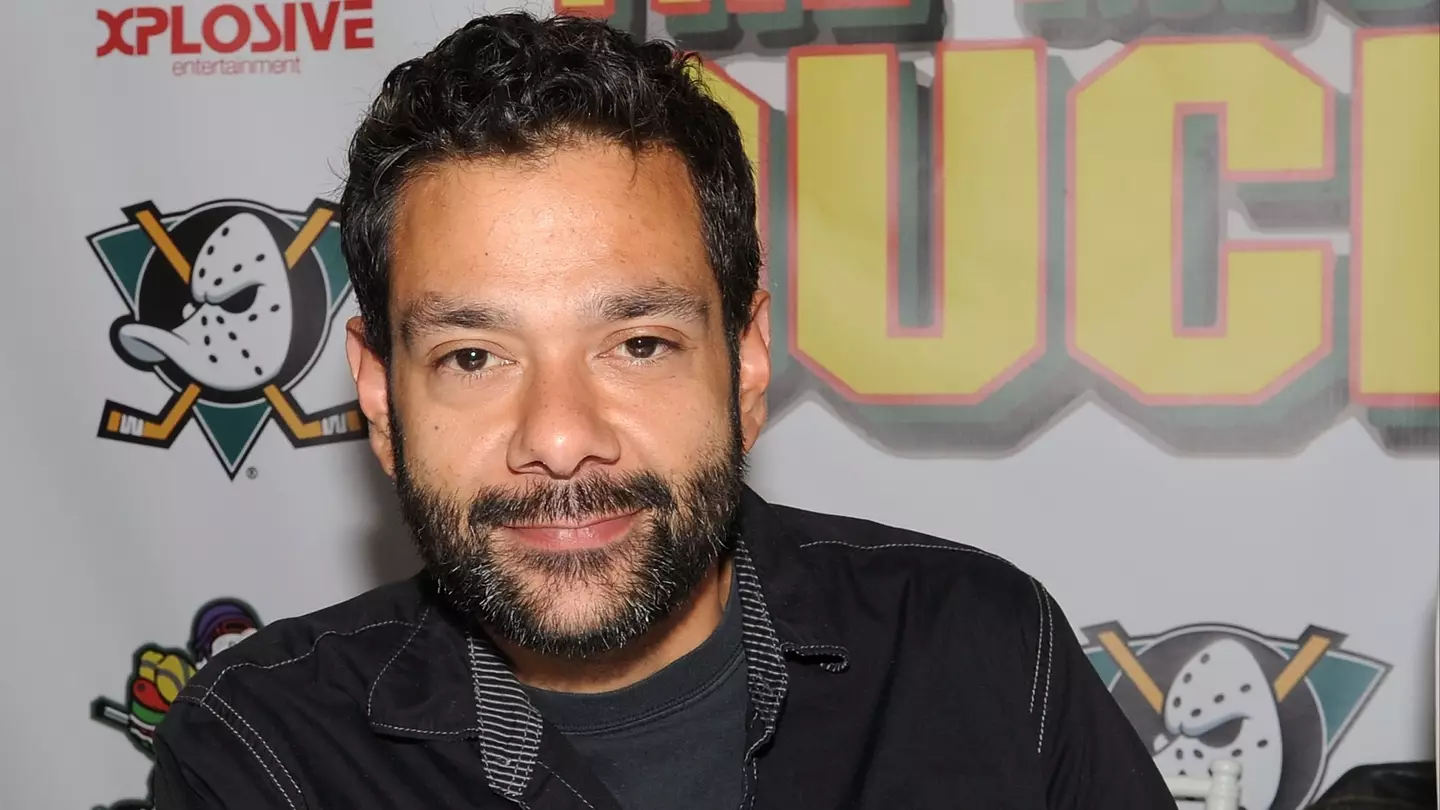
Heartbreaking videos of Nickelodeon child star Tylor Chase have prompted a widespread array of help
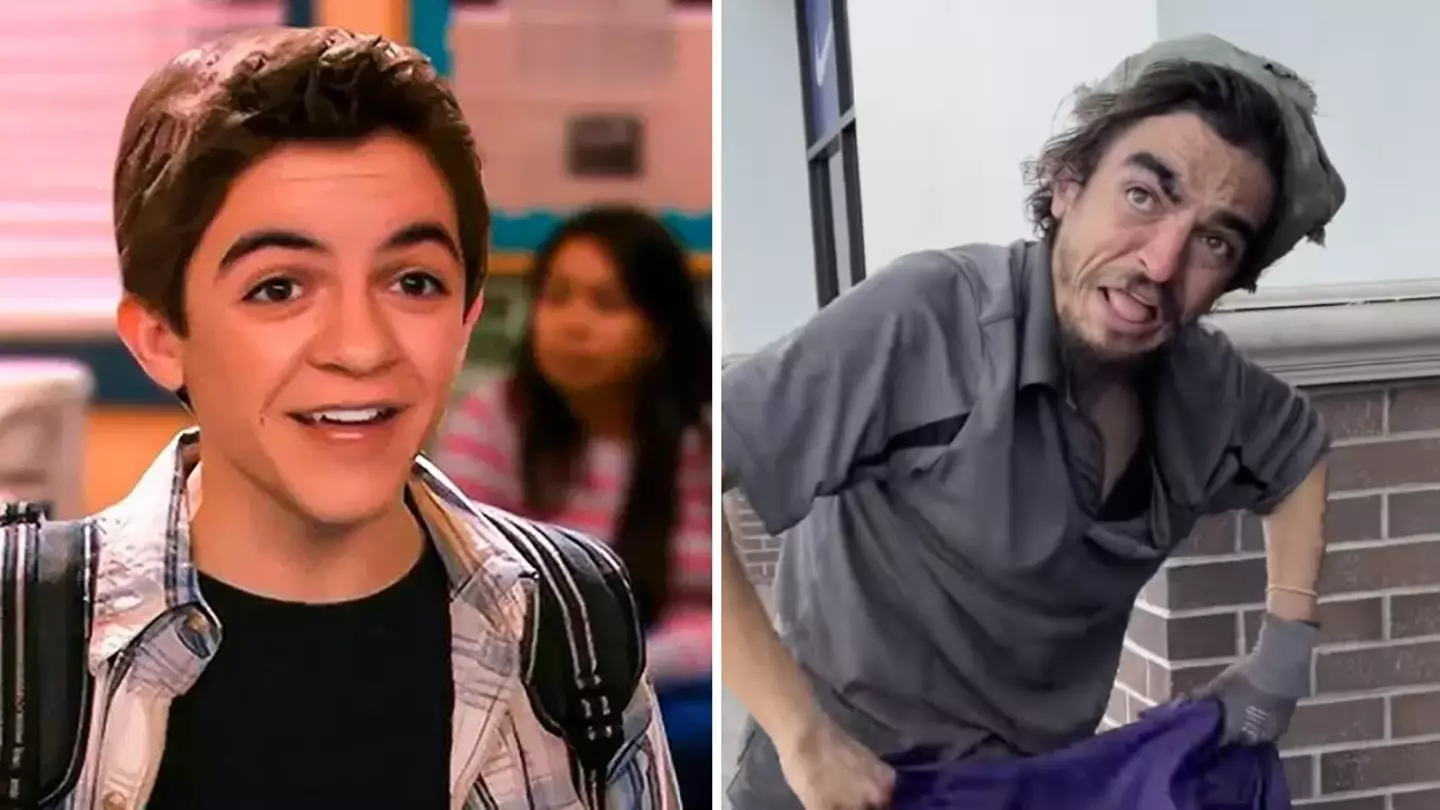
Tylor Chase played Martin Qwerly in the Nickelodeon series Ned's Declassified School Survival Guide in the 2000s
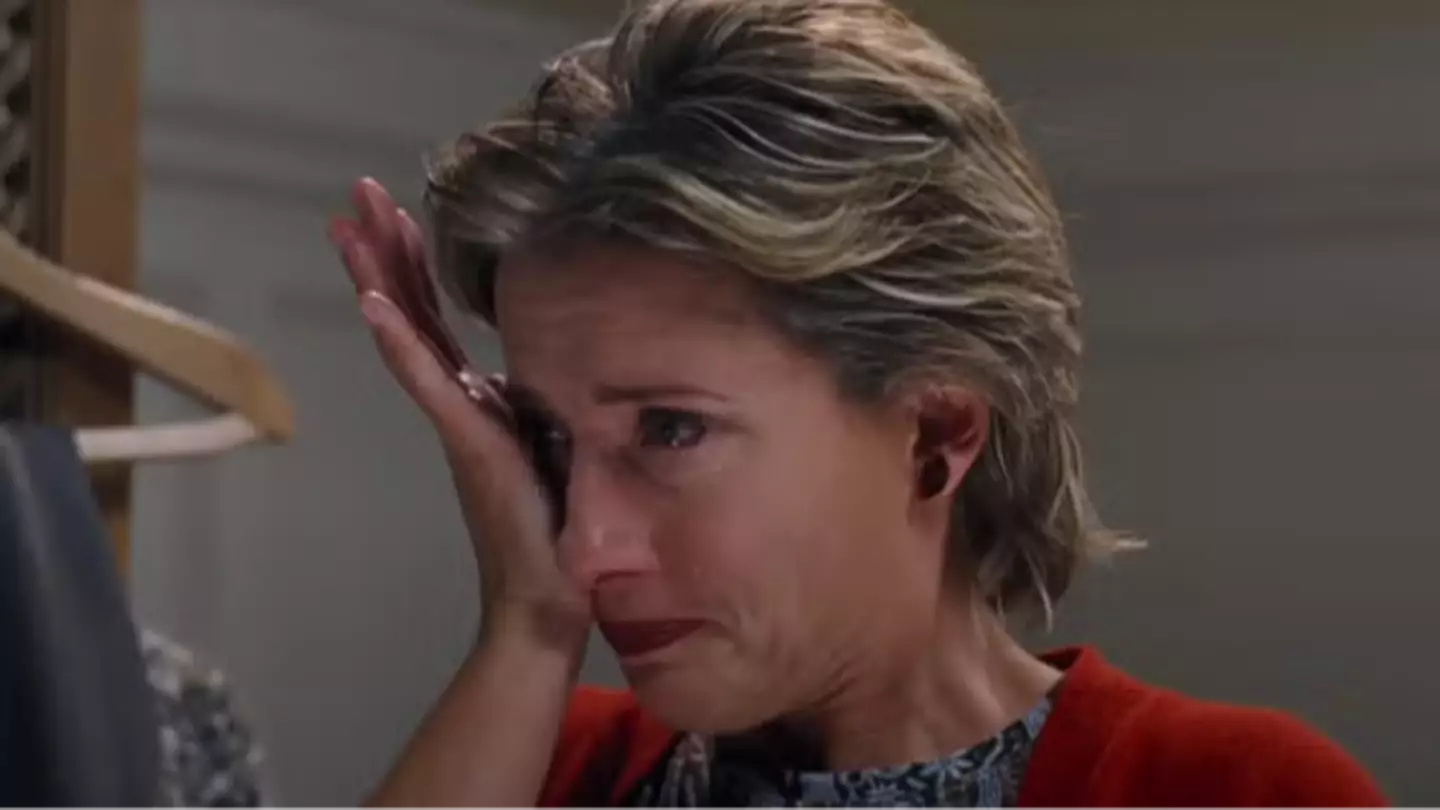
Despite the film coming out over 20 years ago, it's clear none of us are quite over it yet
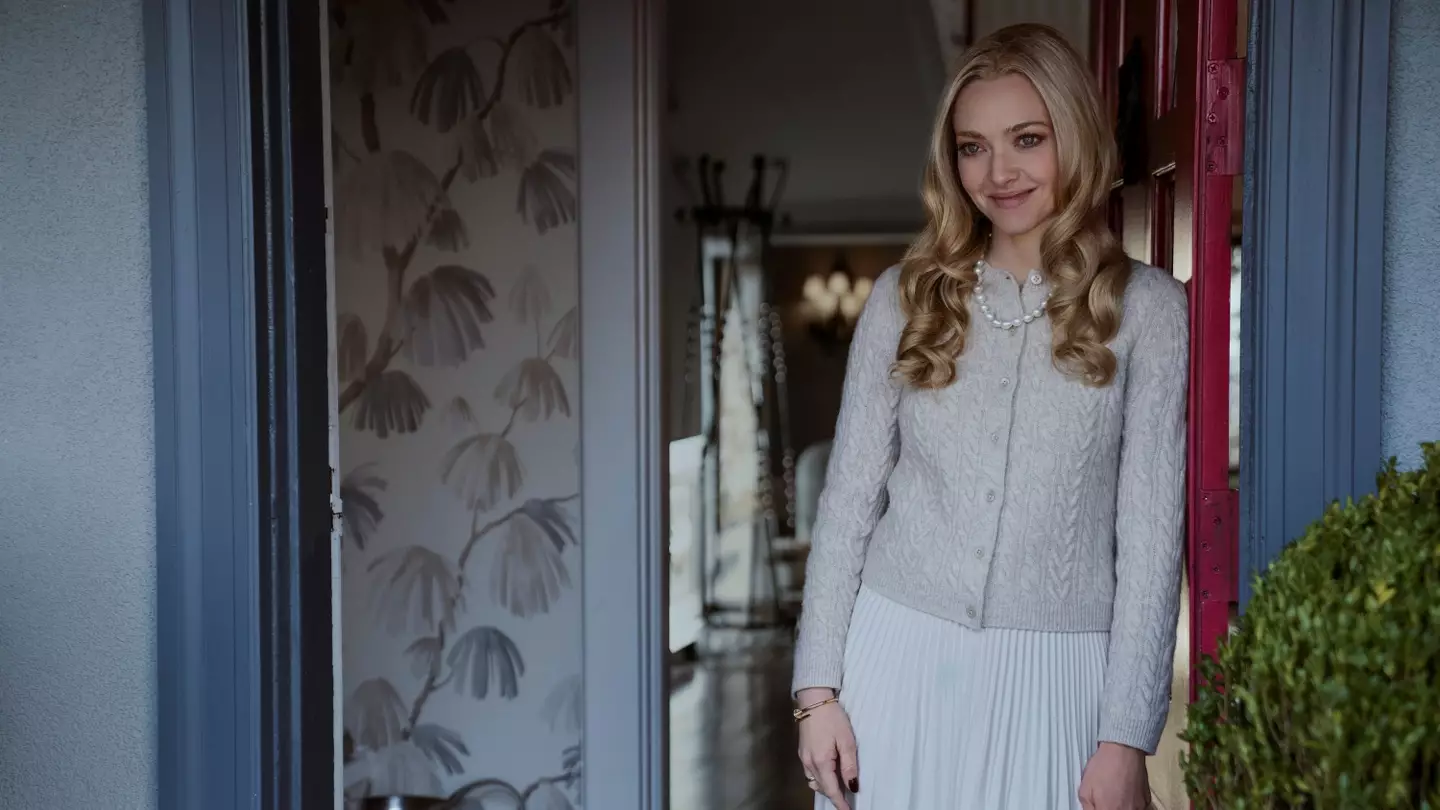
The original author has spoken out following the release of Sydney Sweeney's new thriller
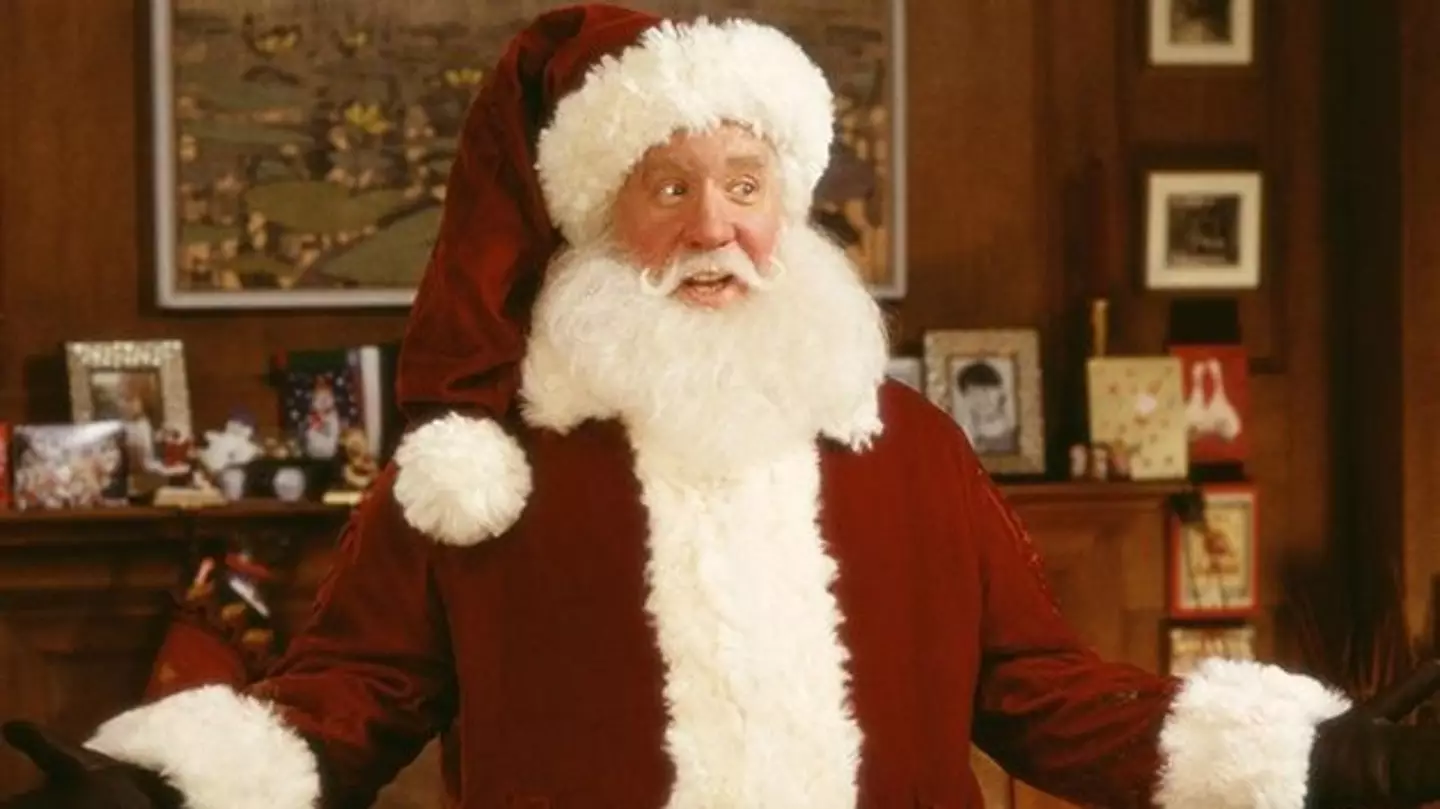
A film fan has also detailed a popular theory regarding the Christmas elves

The Glinda the Good Witch actress shared her thoughts on the bizarre item with Seth Meyers on Late Night yesterday (18 December)
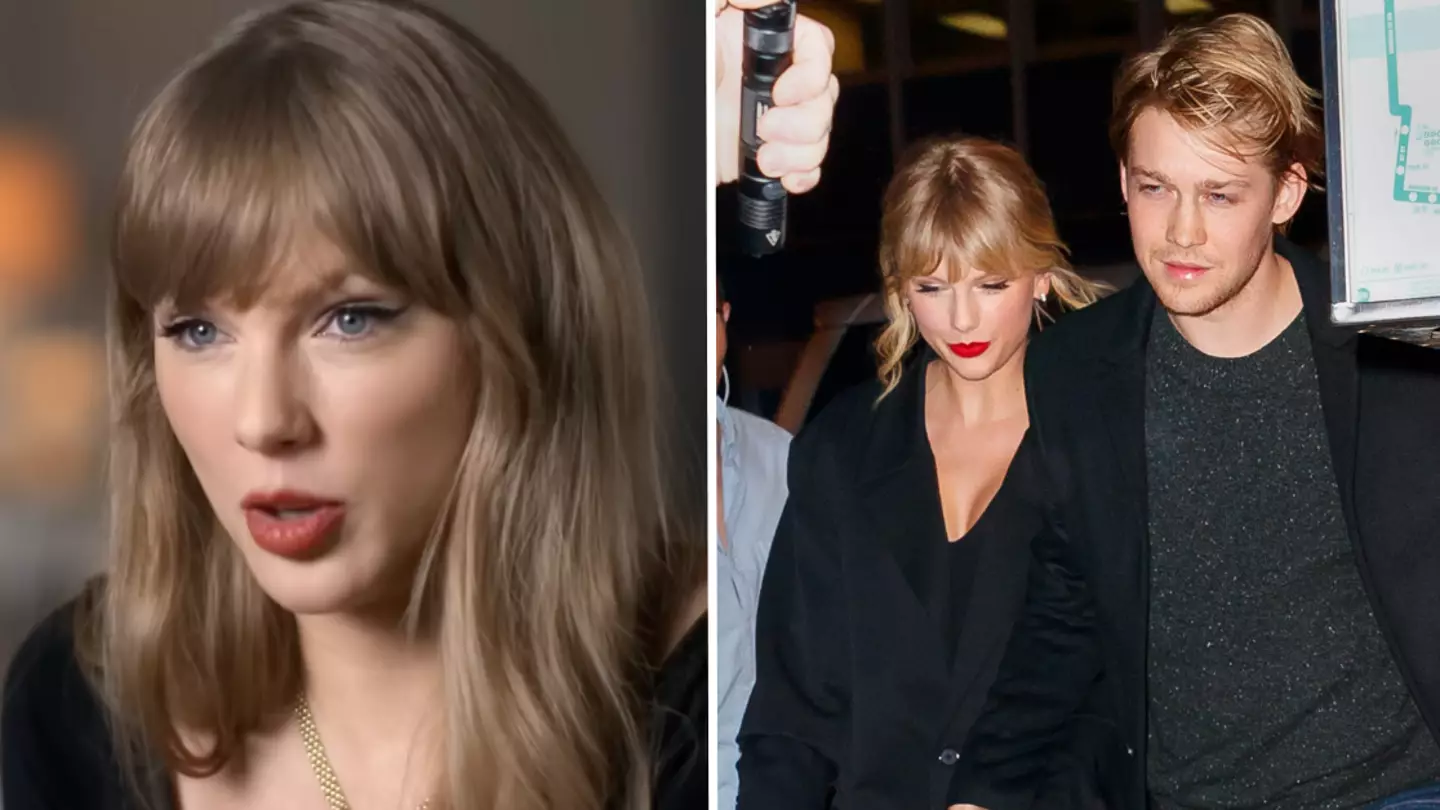
She opened up about her former flames in her new Disney+ docuseries End of an Era
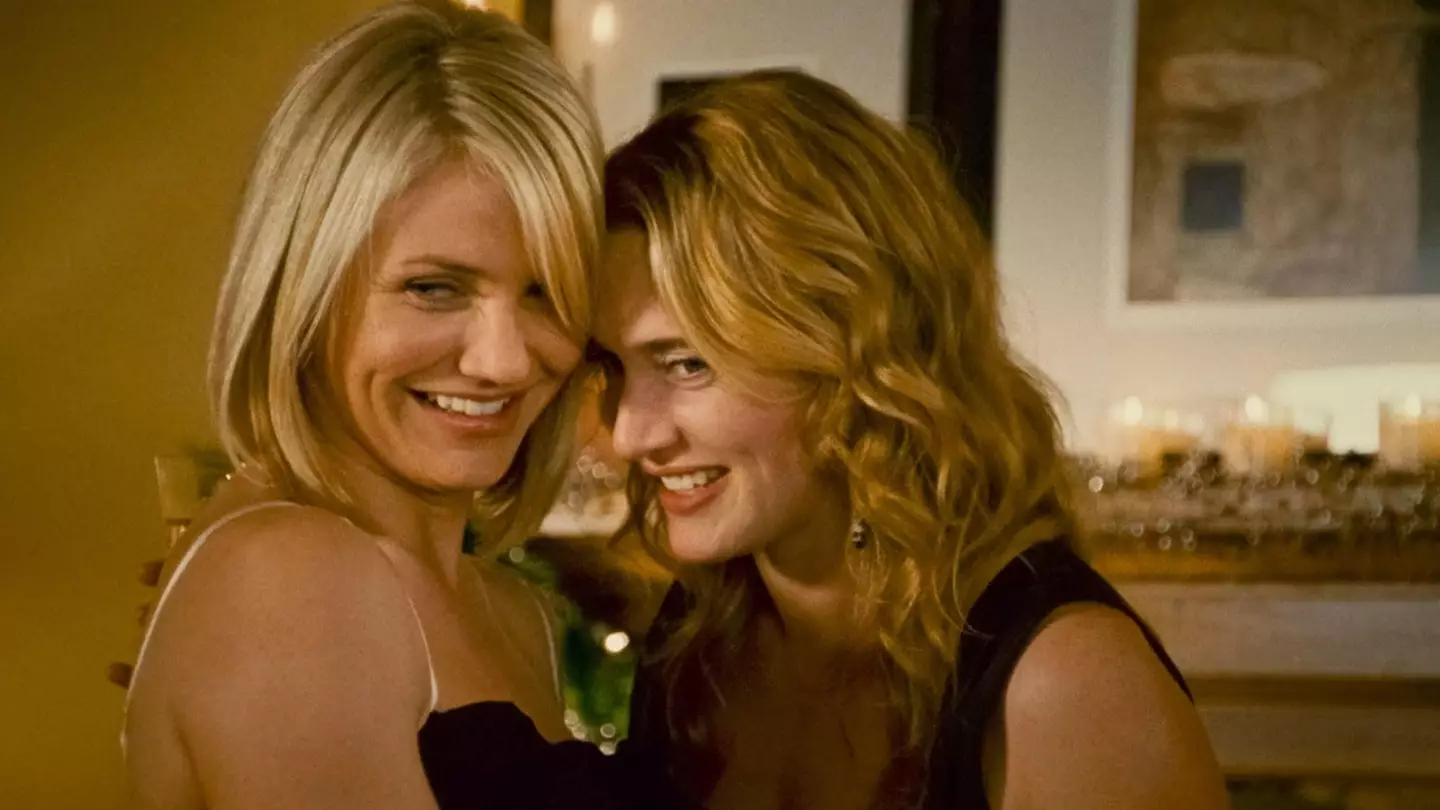
The hype around the holiday favourite is still going strong, despite it hitting our screens nearly 20 years ago
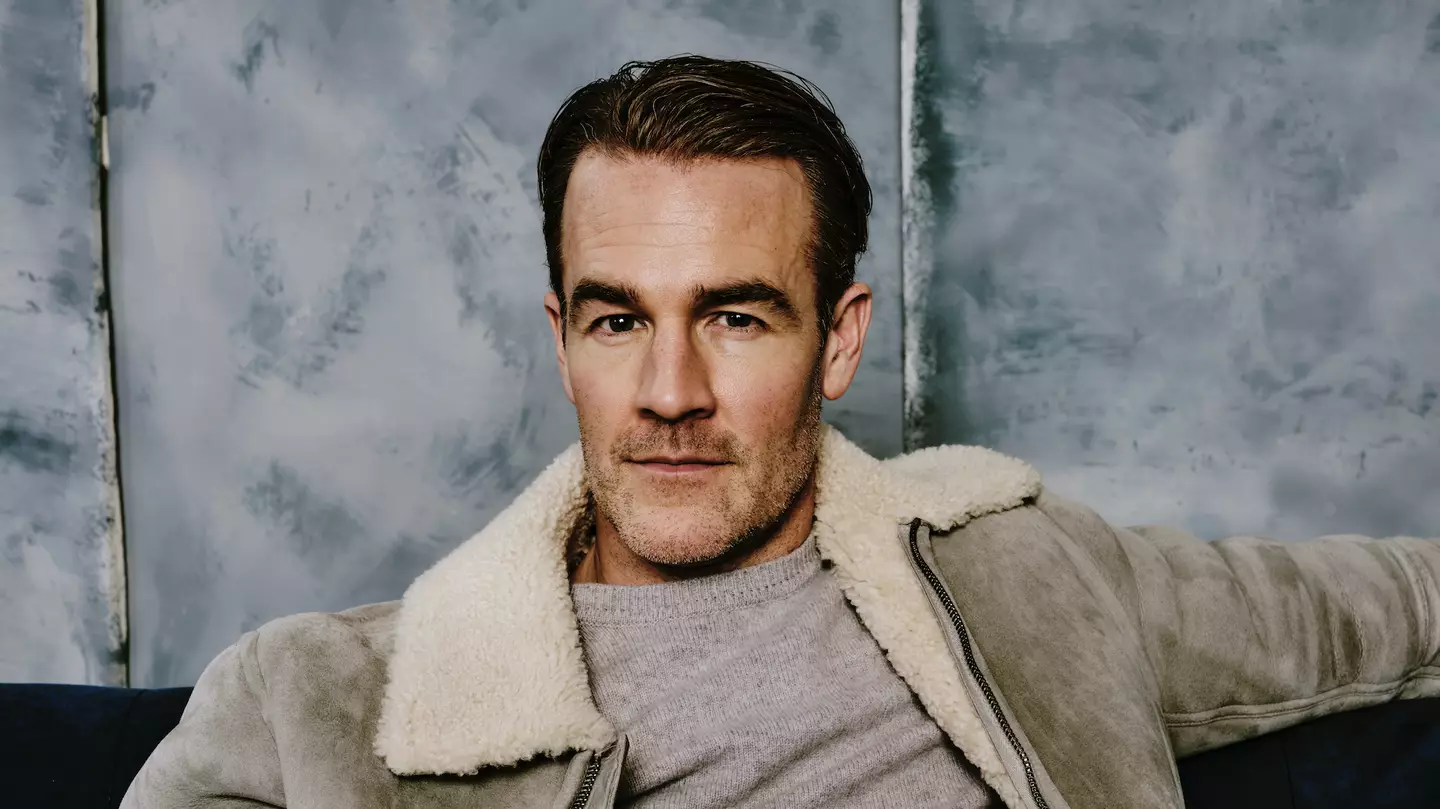
The actor didn't attend the September reunion but appeared via video with a pre-recorded message to fans

The US president has raised some eyebrows with his latest announcement
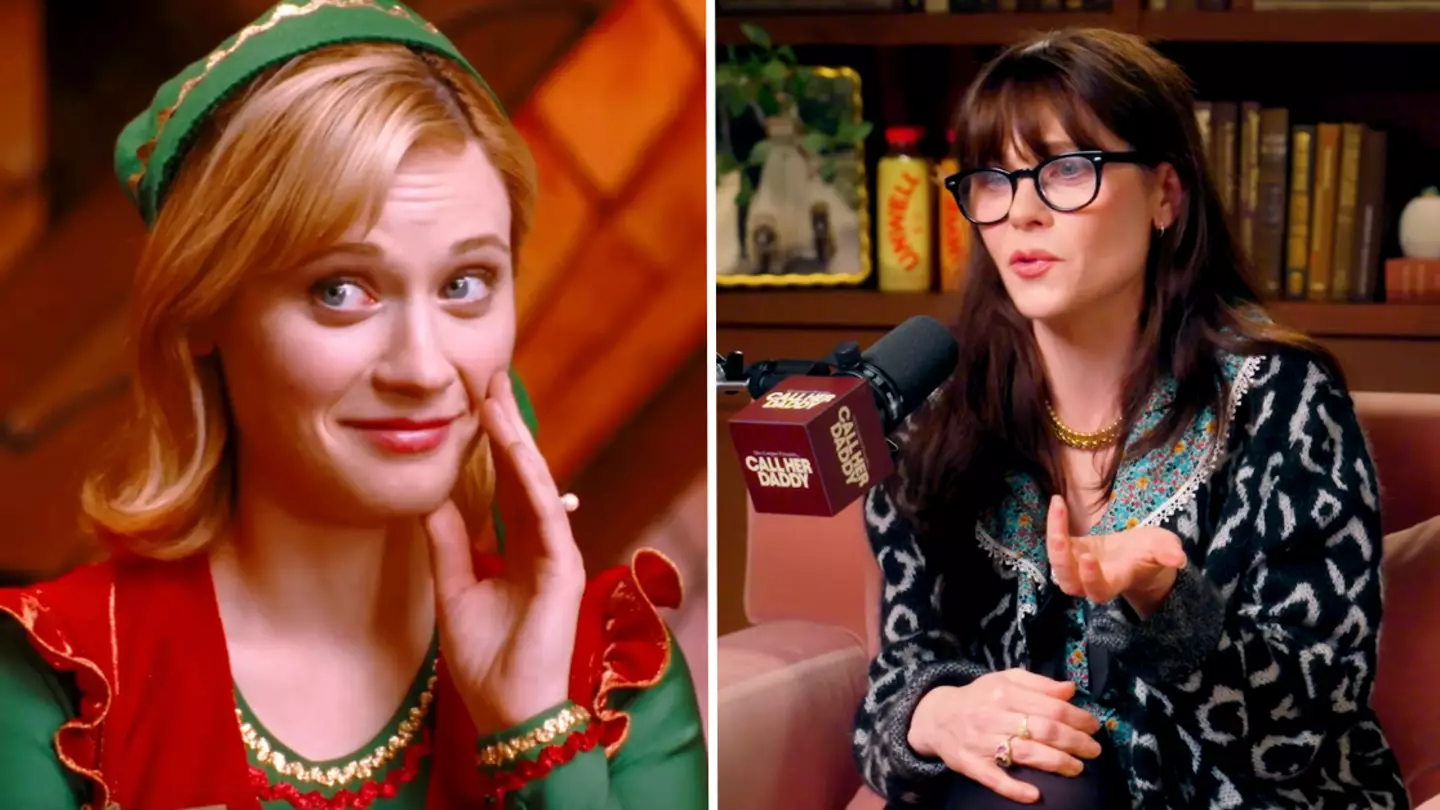
The festive flick, also starring Will Ferrell, James Caan and Mary Steenburgen, was released in 2003

The 35-year-old actress appeared on Actors on Actors with Leonardo DiCaprio earlier this week

The 48-year-old actor was diagnosed with cancer back in late 2023 following a routine screening that revealed a tumour
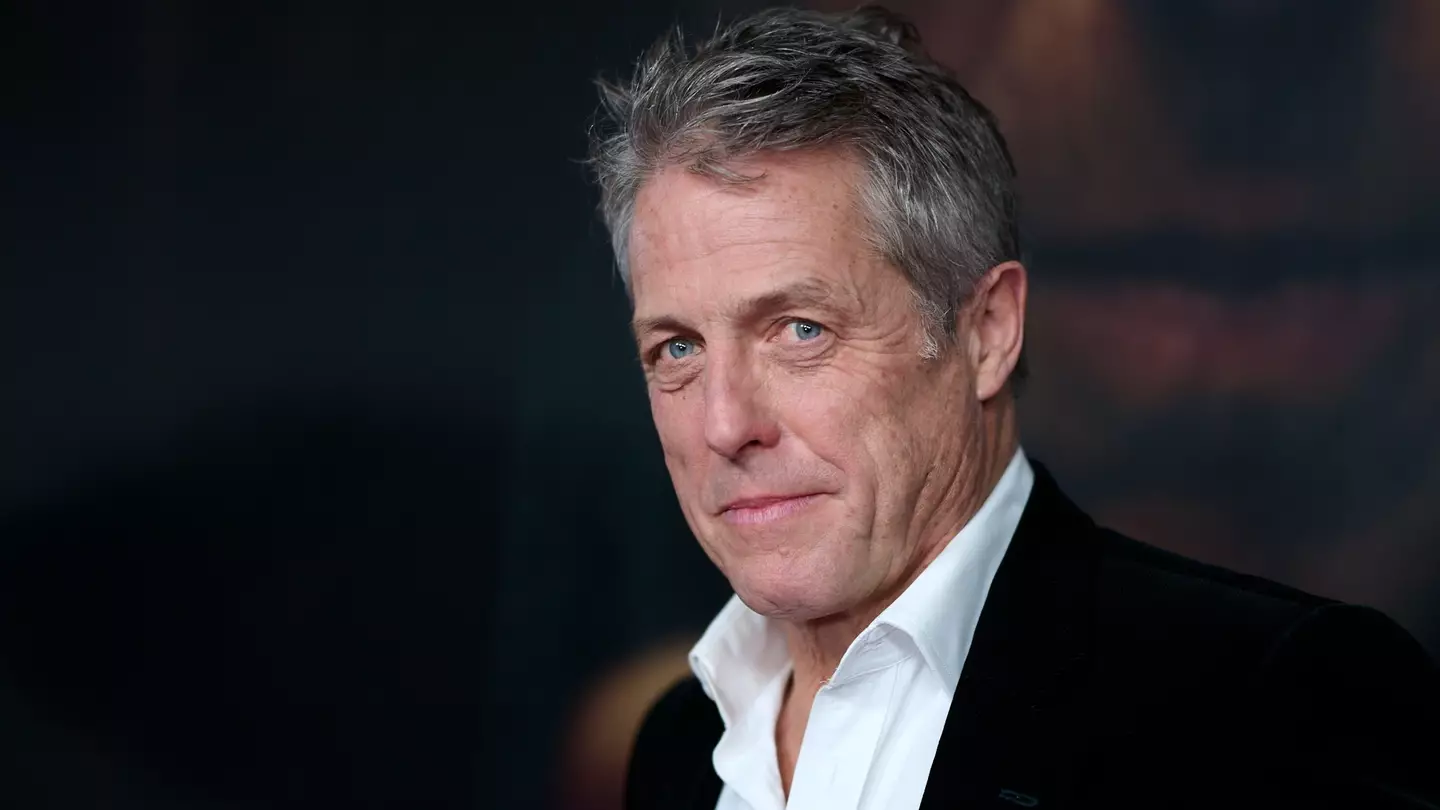
It's one of the most iconic scenes in the film, but Hugh Grant doesn't agree
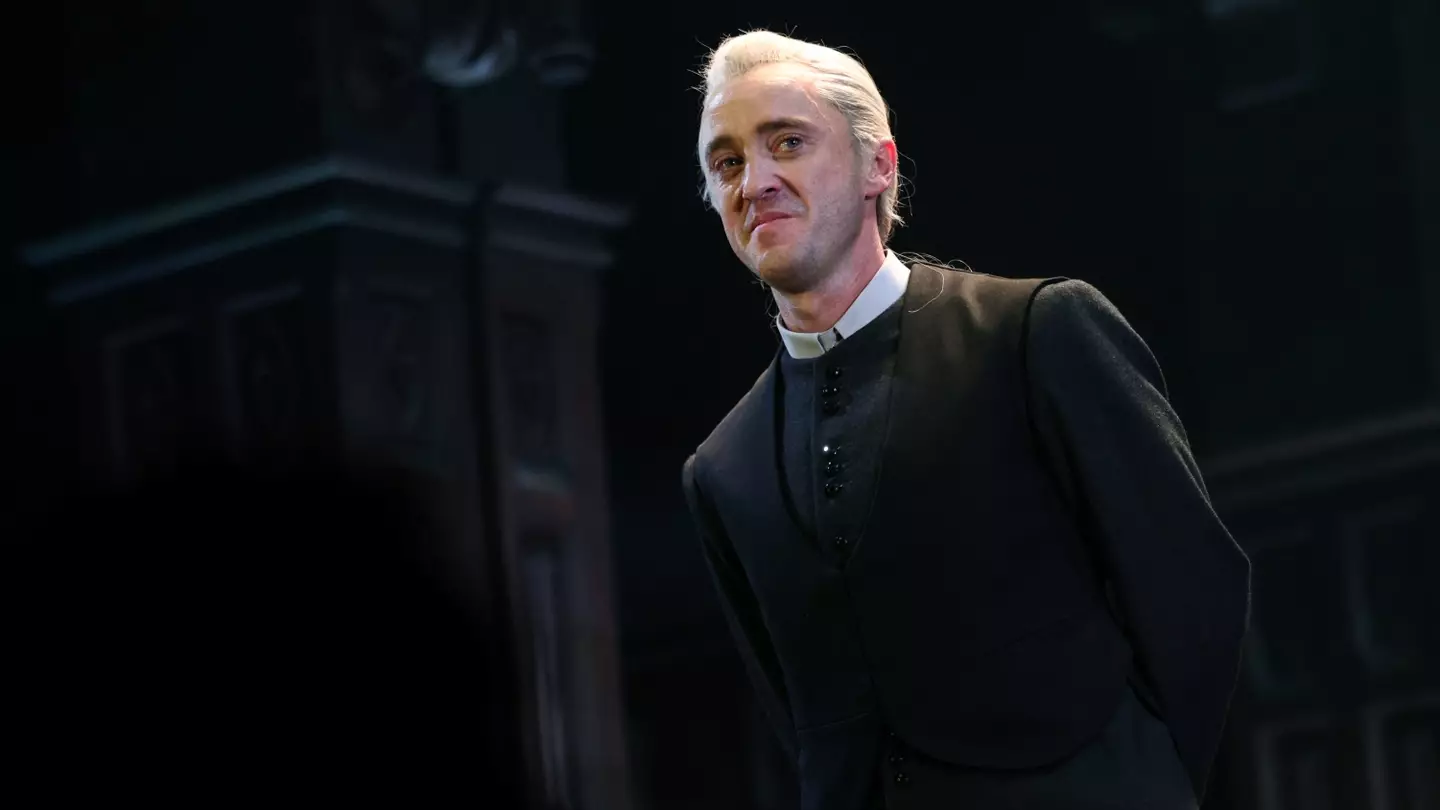
The Harry Potter actor made his Cursed Child debut on Broadway last month
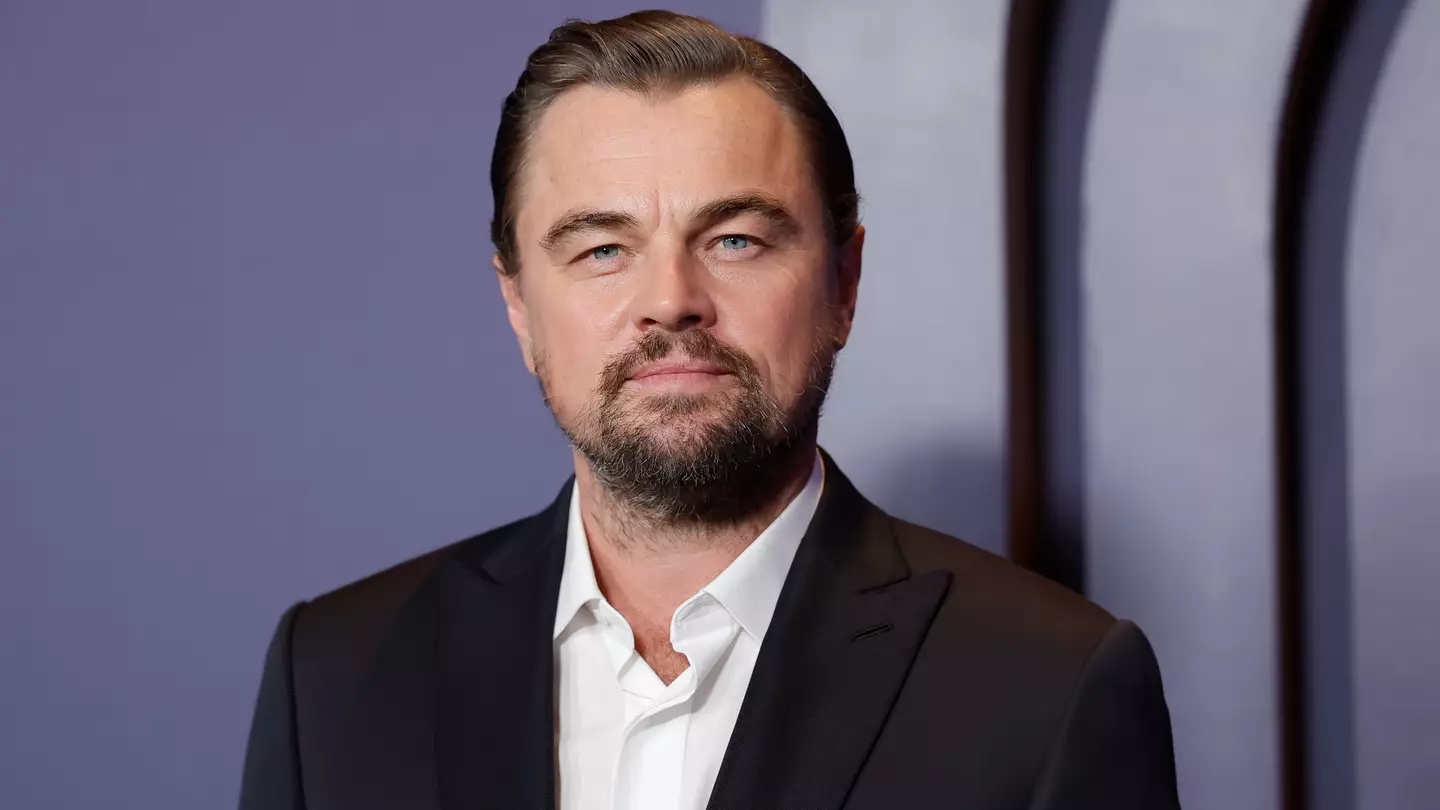
DiCaprio is often pictured shielding his face with a baseball cap
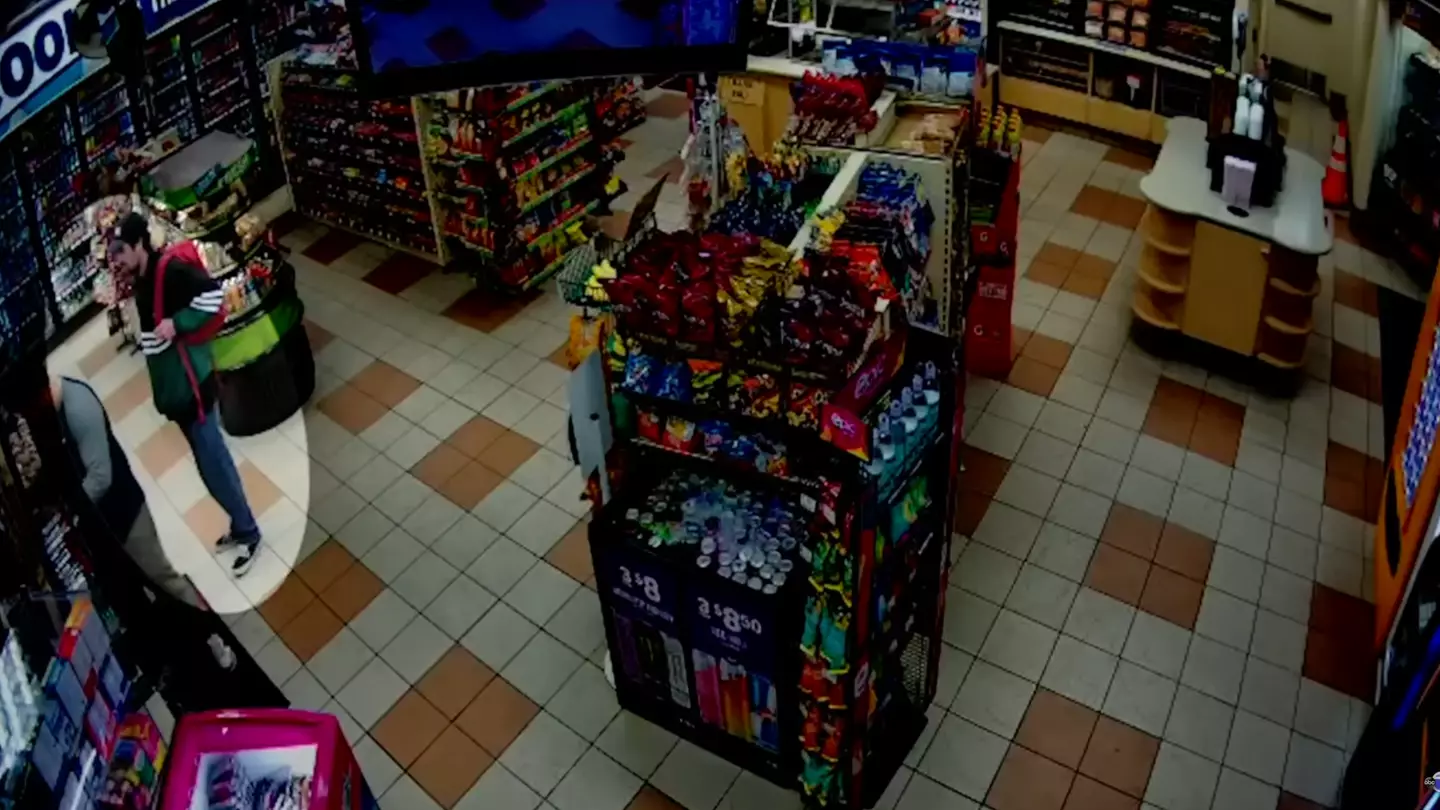
The bodies of filmmaker Rob Reiner and his wife Michele Singer were discovered at their Los Angeles home on Sunday (14 Dec)
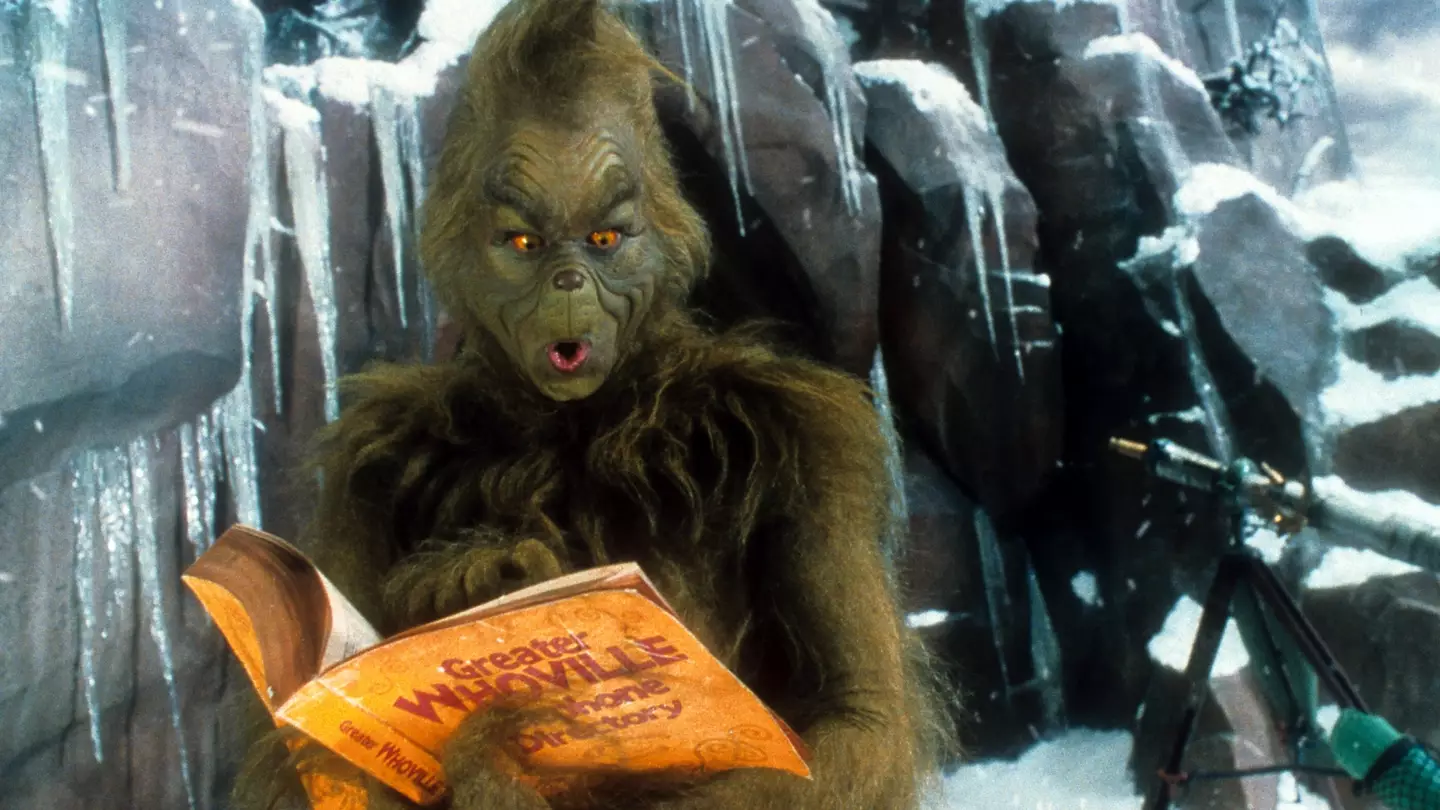
It's hard to imagine the iconic 2000 Christmas movie without Jim Carrey as the grumpy titular character
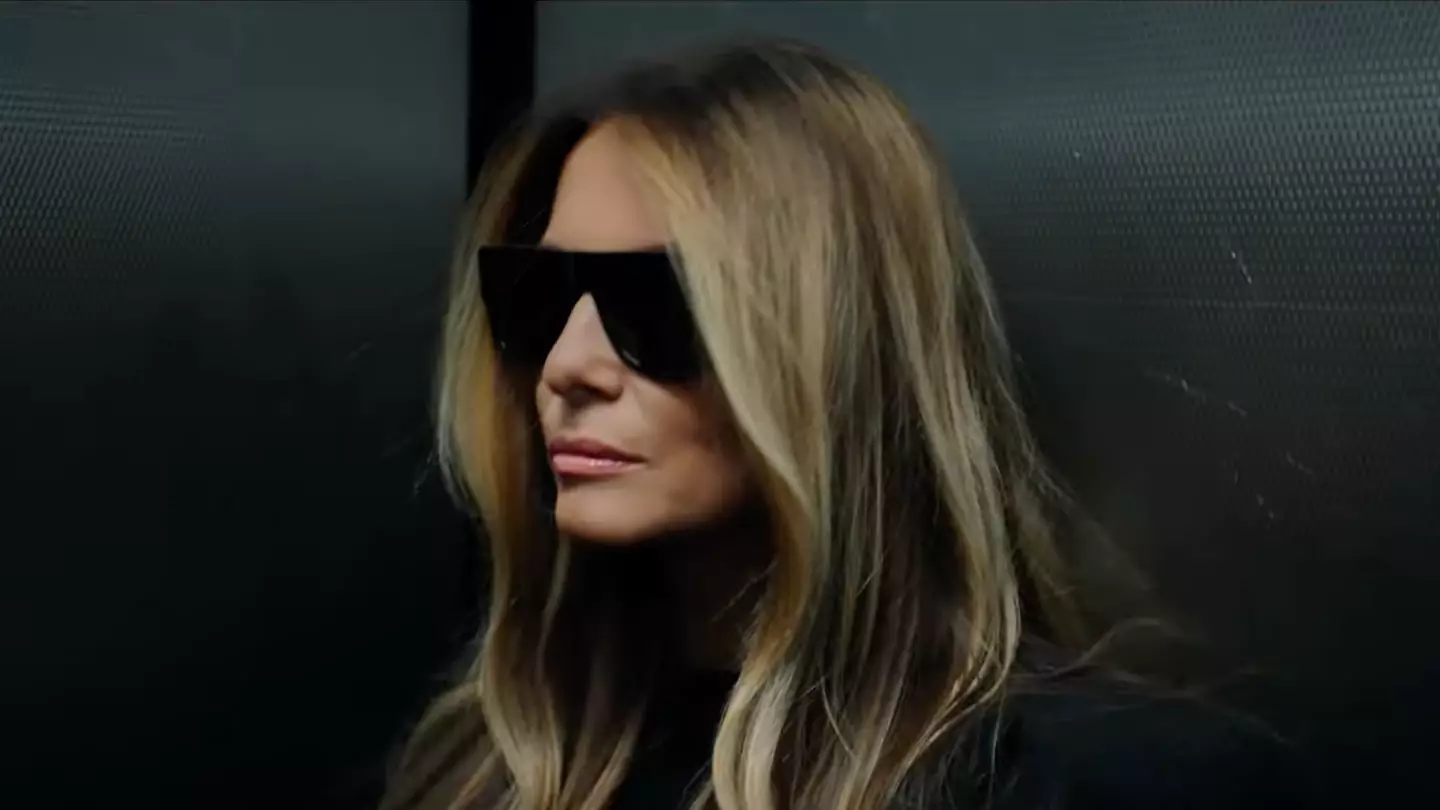
The trailer for the first lady's debut film has finally been released
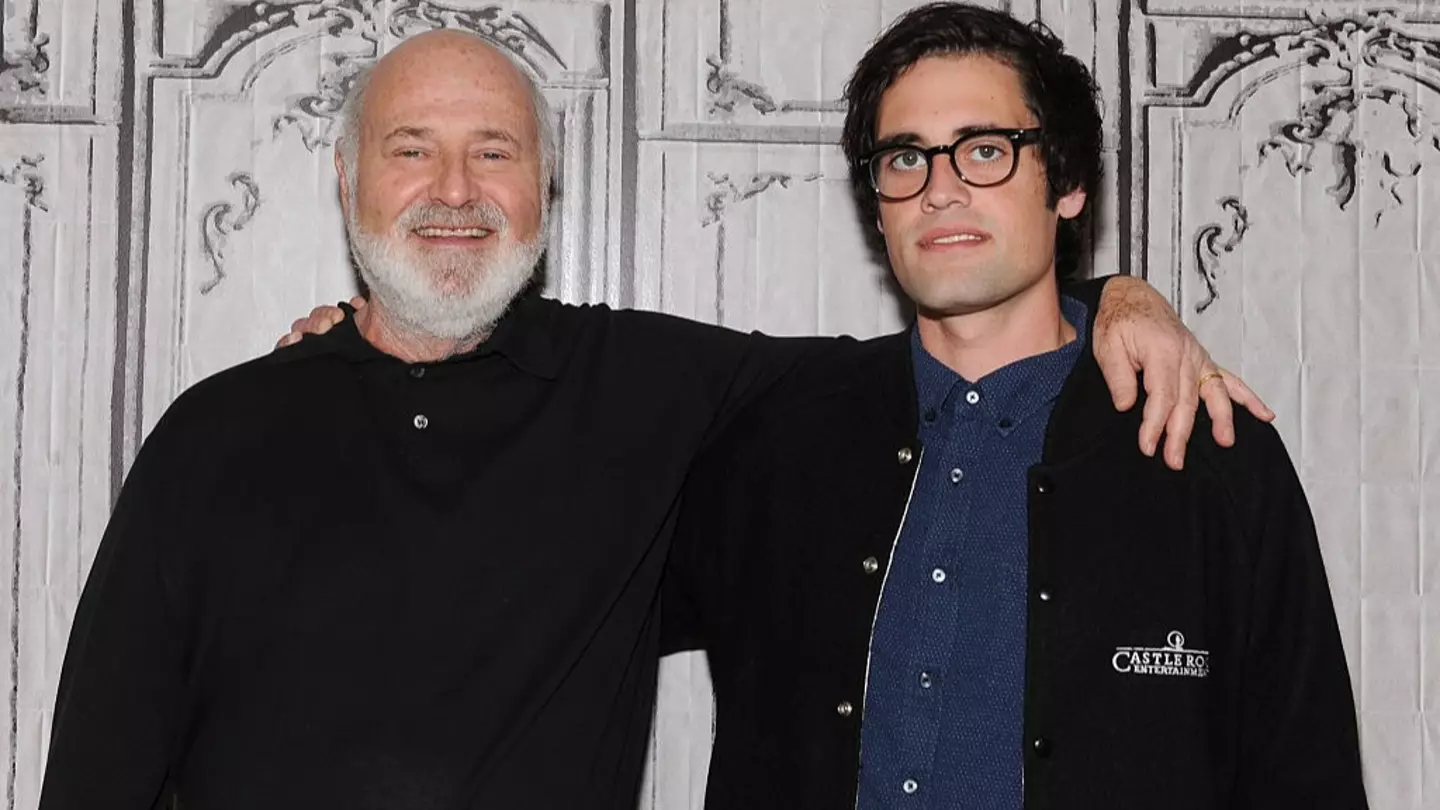
Film director Rob Reiner and his wife Michele Singer were found dead in their Los Angeles home on Sunday (14 December)
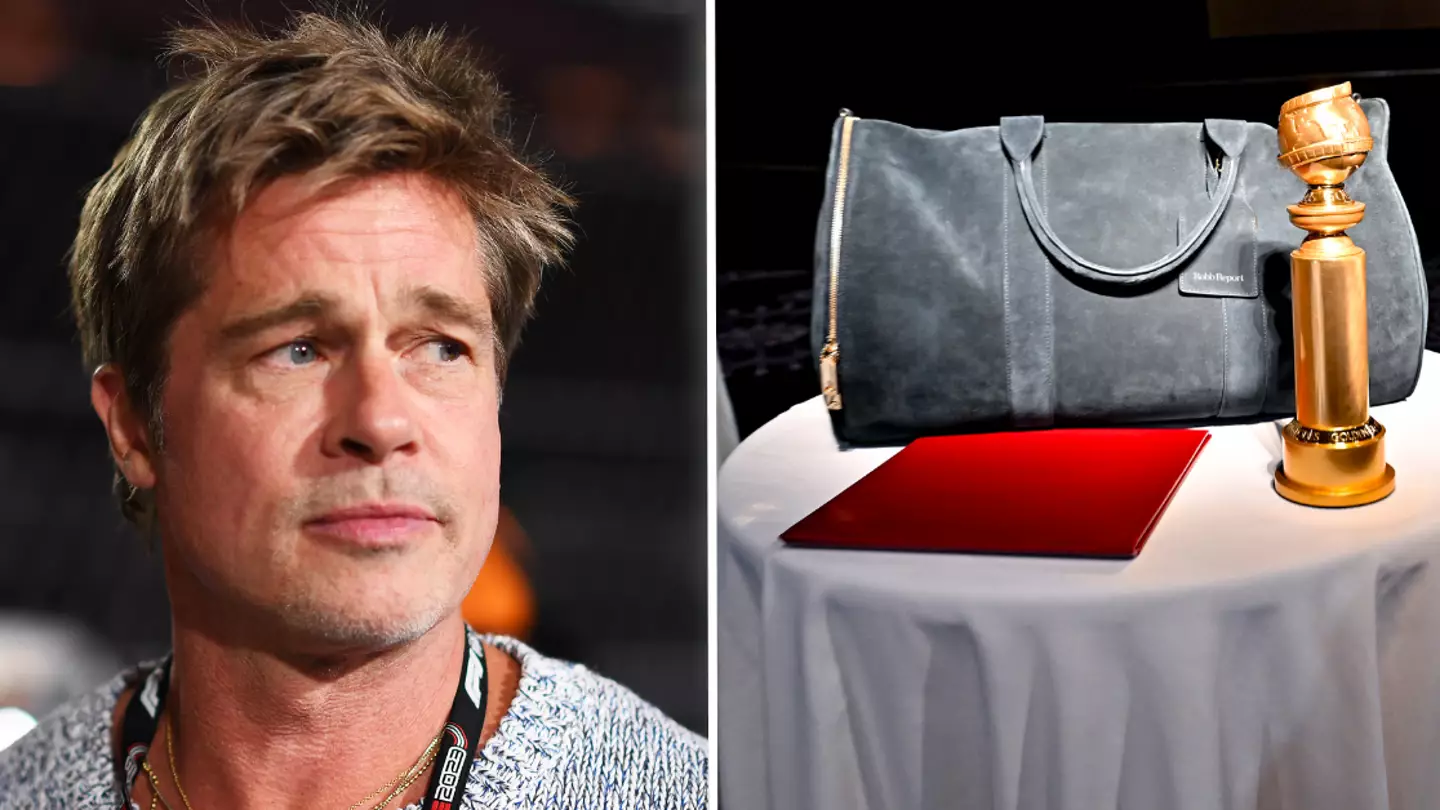
Fans have rushed to social media to share their thoughts on the hefty hamper

The Goofy voice actor revealed what the character is actually meant o be
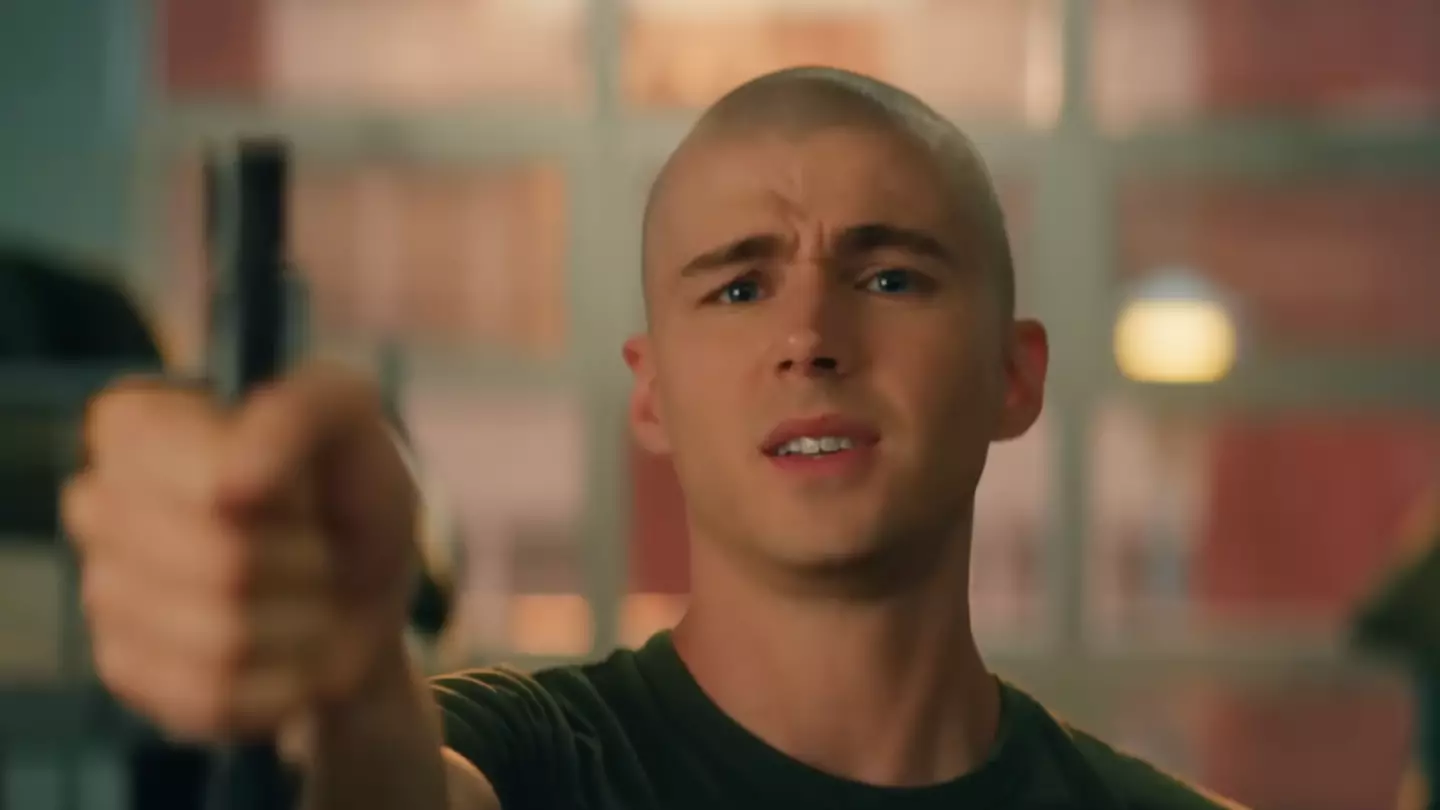
'Boots' - which starred Miles Heizer and Liam Oh - is based on a true story
